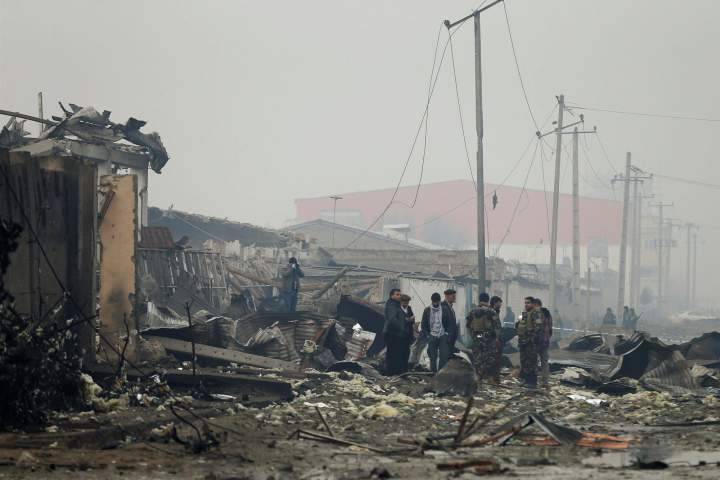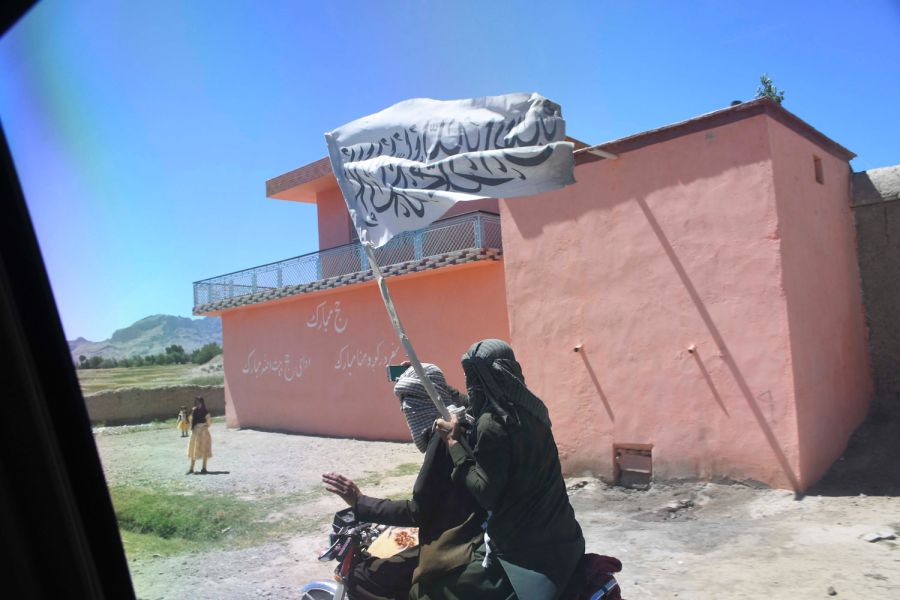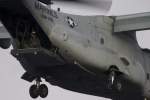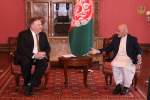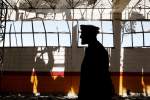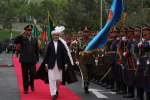Afghanistan became the world’s deadliest terrorism hot spot in 2017, due to the escalation of the war and fewer incidents elsewhere, a new report said.
Publish dateSaturday 8 December 2018 - 03:26
Story Code : 175456
AVA- One in every four people who died from an act of terrorism last year lived in Afghanistan, according to Australia’s Institute for Economics and Peace think tank.
Last year the country suffered more than 1,000 attacks, leaving 4,653 dead and 5,015 injured, the report released Wednesday said.
Meanwhile, casualties from terrorism throughout the world declined for the third consecutive year, due largely to the diminishment of the ISIS terrorist group in Iraq and Syria. Both countries saw sharp declines in the number of terrorism deaths last year. Europe also recorded a significant drop in 2017. Deaths worldwide are down by almost half since 2014, it said.
Iraq had been the deadliest country for terrorism since 2012, when the top spot belonged to Afghanistan.
Almost all districts in Afghanistan saw at least one terrorist attack last year, the report stated.
The report tabulated intentional acts or threats of violence by non-state actors seeking to gain a political, economic, religious or social goal.
In a shift of tactics, the Taliban cut attacks on civilians by half in 2017, while increasing attacks on the security forces by a third, the report said. However, attacks on civilians by the local ISIS affiliate have risen in recent years, particularly in Kabul. The U.S. has designated 20 groups operating in Afghanistan and Pakistan as terrorist organizations, more than anywhere else in the world.
The Taliban control or contest about half of Afghanistan, according to a U.S. government watchdog. On Tuesday, Army Lt. Gen. Richard Clarke, nominee to command America’s special operations, said the Taliban have 60,000 fighters, more than double the previous estimate of 25,000.
More than 28,000 Afghan soldiers and police have been killed since 2015, Afghan president Ashraf Ghani said in November.
Zalmay Khalilzad, U.S. special envoy to Afghanistan, met Tuesday with Pakistani officials for talks on how to bring the Taliban to the negotiating table. The militant group has always demanded that all foreign troops pull out of the country.
Marine Corps Lt. Gen. Kenneth F. McKenzie Jr., nominee for head of Central Command, said Tuesday the U.S. should not withdraw precipitously because the Afghan security forces are not yet able to defend themselves.
“I don’t know how long it will take,” he said. “I do know that we’re working it very hard. I do know that they are making improvements. I do know that today it would be very difficult for them to survive without our and our coalition partners’ assistance.”
Last year the country suffered more than 1,000 attacks, leaving 4,653 dead and 5,015 injured, the report released Wednesday said.
Meanwhile, casualties from terrorism throughout the world declined for the third consecutive year, due largely to the diminishment of the ISIS terrorist group in Iraq and Syria. Both countries saw sharp declines in the number of terrorism deaths last year. Europe also recorded a significant drop in 2017. Deaths worldwide are down by almost half since 2014, it said.
Iraq had been the deadliest country for terrorism since 2012, when the top spot belonged to Afghanistan.
Almost all districts in Afghanistan saw at least one terrorist attack last year, the report stated.
The report tabulated intentional acts or threats of violence by non-state actors seeking to gain a political, economic, religious or social goal.
In a shift of tactics, the Taliban cut attacks on civilians by half in 2017, while increasing attacks on the security forces by a third, the report said. However, attacks on civilians by the local ISIS affiliate have risen in recent years, particularly in Kabul. The U.S. has designated 20 groups operating in Afghanistan and Pakistan as terrorist organizations, more than anywhere else in the world.
The Taliban control or contest about half of Afghanistan, according to a U.S. government watchdog. On Tuesday, Army Lt. Gen. Richard Clarke, nominee to command America’s special operations, said the Taliban have 60,000 fighters, more than double the previous estimate of 25,000.
More than 28,000 Afghan soldiers and police have been killed since 2015, Afghan president Ashraf Ghani said in November.
Zalmay Khalilzad, U.S. special envoy to Afghanistan, met Tuesday with Pakistani officials for talks on how to bring the Taliban to the negotiating table. The militant group has always demanded that all foreign troops pull out of the country.
Marine Corps Lt. Gen. Kenneth F. McKenzie Jr., nominee for head of Central Command, said Tuesday the U.S. should not withdraw precipitously because the Afghan security forces are not yet able to defend themselves.
“I don’t know how long it will take,” he said. “I do know that we’re working it very hard. I do know that they are making improvements. I do know that today it would be very difficult for them to survive without our and our coalition partners’ assistance.”
Source : خبرگزاری Afghn Voice Agency(AVA)
avapress.net/vdchmmnz-23nqkd.01t2.html
Tags
Top hits
